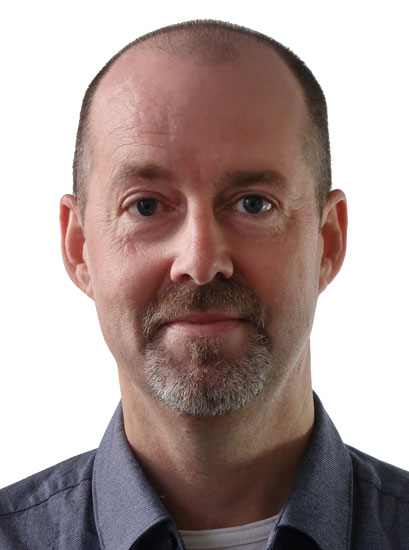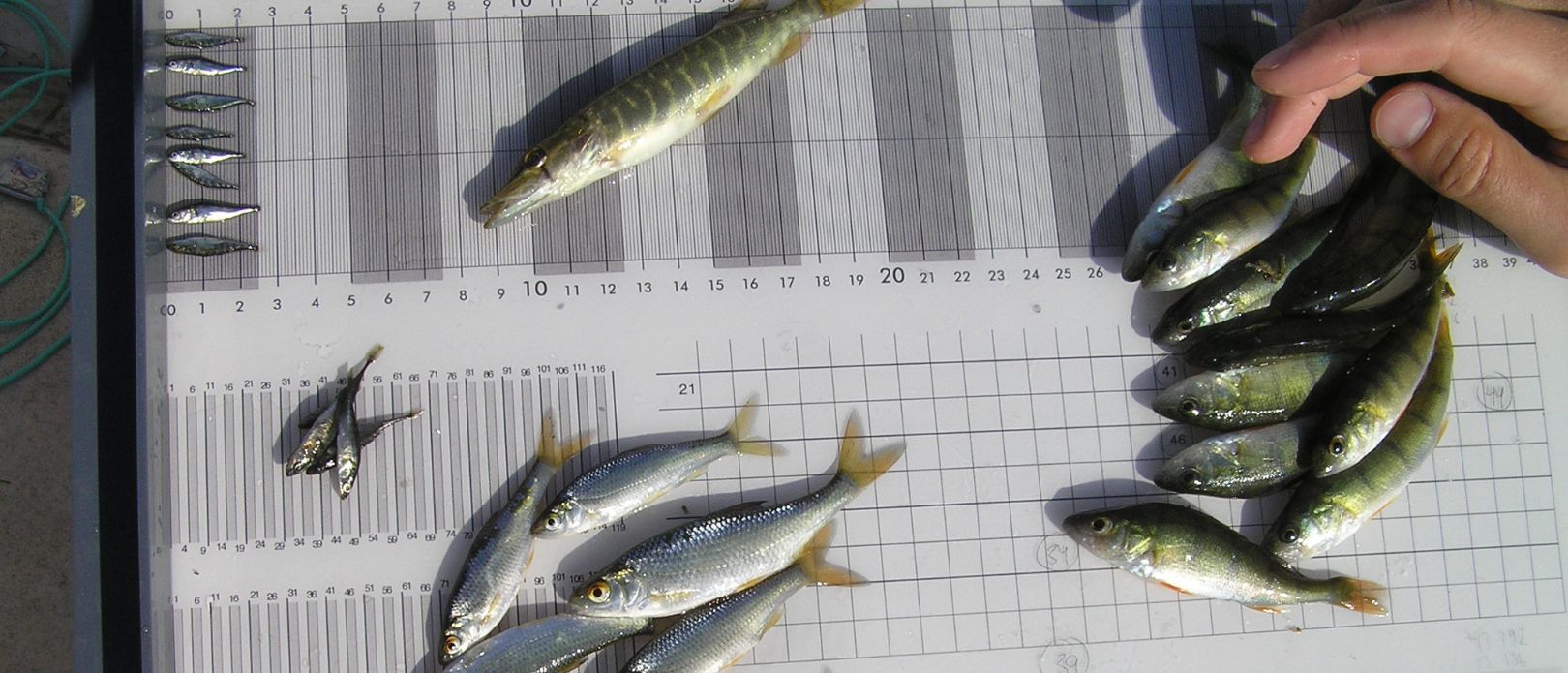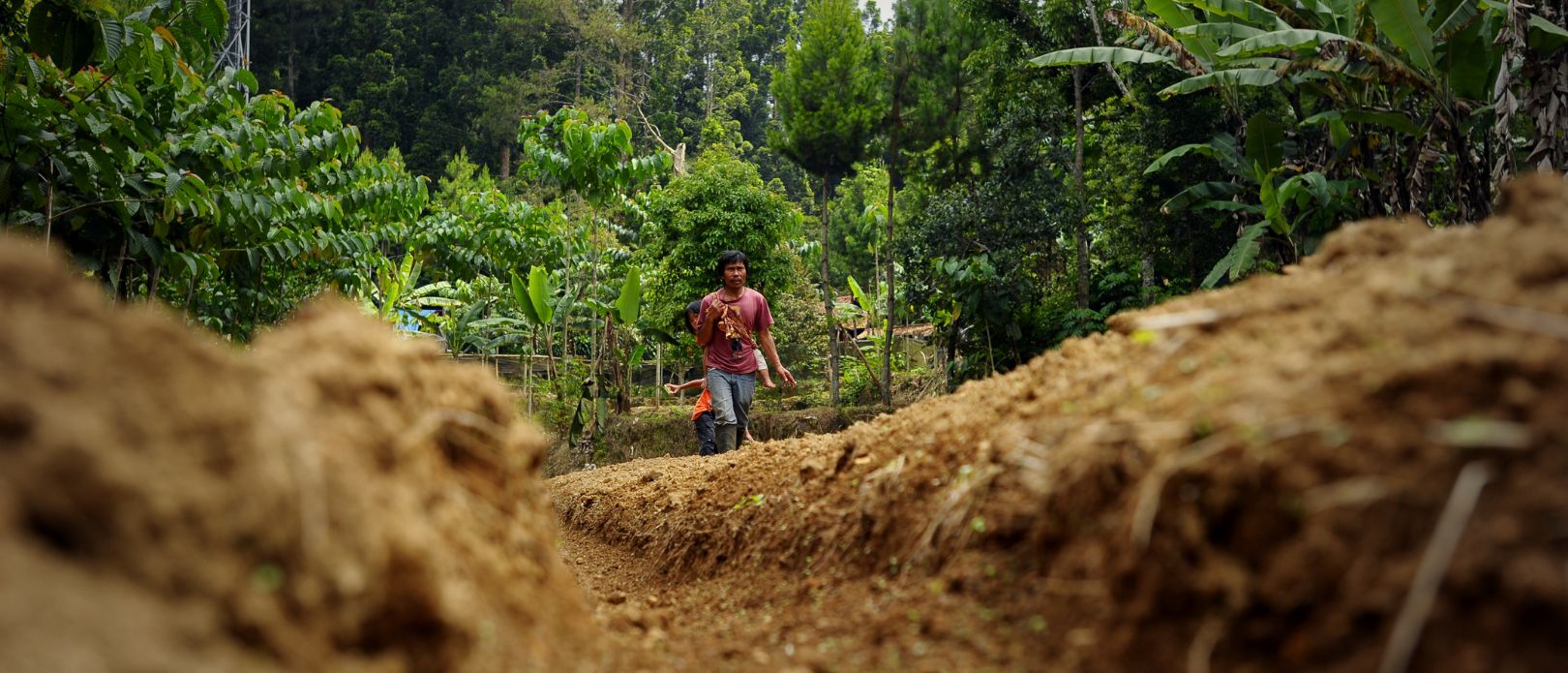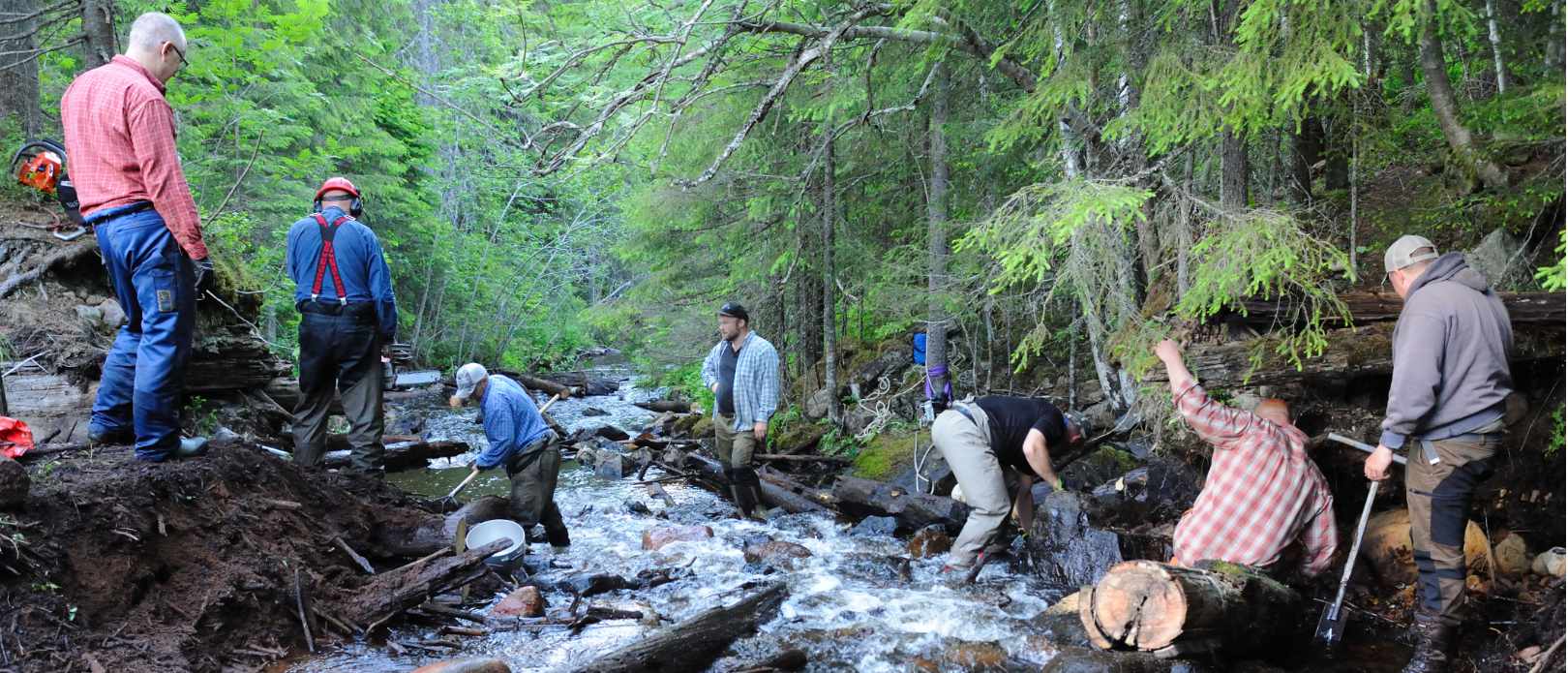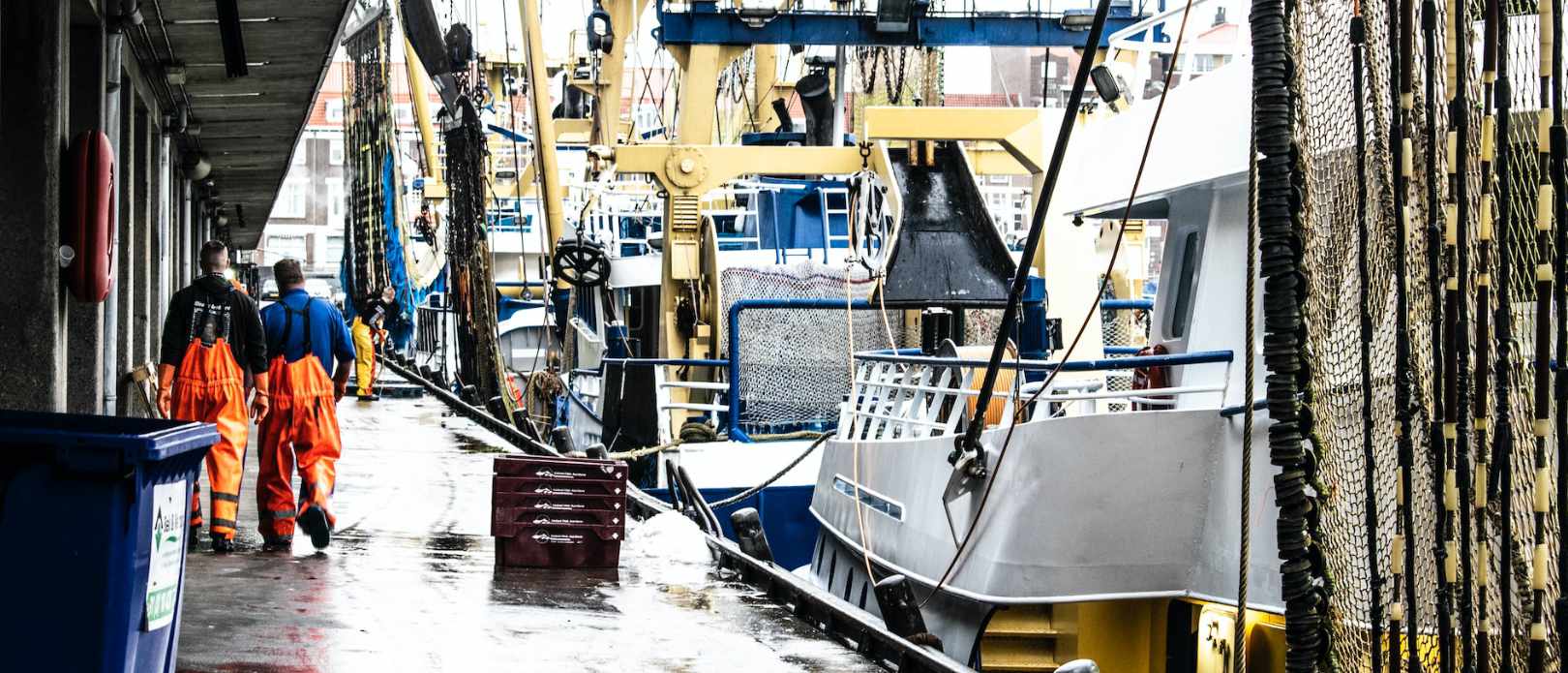- Social and ecological network analysis
- Collaborative governance
- Social-ecological fit
- Institutional fit
- Landscape ecology
- Mixed methods
Örjan Bodin combines and integrates methods and theories from several scientific disciplines to develop better understanding of social-ecological systems
In his work, Bodin uses and develops theoretical/conceptual models and simulations, as well as engaging in empirical studies and empirical data analyses. Bodin often describes and models social, ecological, and coupled social-ecological systems as complex and intricate webs of interactions between, and among, different ecological and/or social components.
Cross-disciplinary network analytical approach allows him to apply the same set of methods and conceptualization in studying such different things as power asymmetries resulting from different patterns of social and economic relationships among small-scale fishermen to large-scale analyses of seed dispersals in human-dominated and fragmented landscapes. It thus facilitates systemic analyses of SES that bridge scientific disciplines.
Furthermore, Bodin also applies methods and techniques, such as: formal mathematical analysis; qualitative comparative analysis (QCA); in-depth interviews; qualitative data analysis; surveys; behavioral experiments; agent-based simulation modelling; GIS and spatial explicit modelling and analysis; mathematical graph-theory; and statistical modelling.
Bodin holds an MSc in Physics and a PhD in Systems Ecology/Natural Resource Management. Prior to his academic engagement, Bodin was working in the telecommunication and IT industries for nearly a decade. Bodin has published in both natural and social science journals, and has been engaged (in addition to several theoretically oriented studies) in case studies of small-scale fisheries in east Africa, high sea fishery in the Southern Ocean, agriculture in southern Madagascar, and regional land use management in Stockholm, Sweden.
He is also contributing to the development of new tools and methods for improved green area spatial planning in urban areas, with a geographical focus on Stockholm County.
SRC supervision:
Johanna Hedlund, PhD candidate
